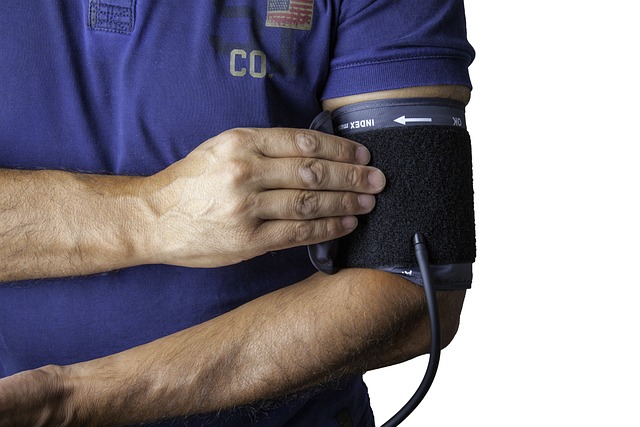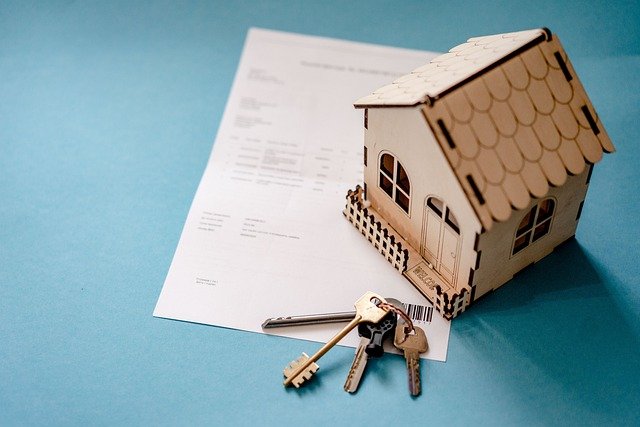Understanding Depression Tests and Mental Health Screening
Depression affects millions of people worldwide, yet many cases go undiagnosed or untreated. Depression tests serve as valuable screening tools that help individuals and healthcare professionals identify potential symptoms and assess the severity of depressive episodes. These assessments provide structured ways to evaluate mood patterns, behavioral changes, and emotional well-being, offering crucial first steps toward understanding mental health concerns and seeking appropriate support.

What Is a Depression Test?
A depression test is a standardized assessment tool designed to measure symptoms associated with depressive disorders. These screening instruments typically consist of questionnaires that evaluate various aspects of mental health, including mood changes, sleep patterns, appetite fluctuations, energy levels, and feelings of hopelessness or worthlessness. Healthcare professionals use validated depression tests like the Patient Health Questionnaire-9 (PHQ-9), Beck Depression Inventory, or Hamilton Depression Rating Scale to systematically assess symptom severity and track changes over time.
Depression tests serve multiple purposes in clinical settings and personal health monitoring. They help identify individuals who may benefit from further evaluation, provide baseline measurements for treatment planning, and offer objective ways to monitor progress during therapy or medication management. While these tests cannot provide definitive diagnoses, they offer valuable insights that guide healthcare decisions and encourage individuals to seek professional help when needed.
How Bipolar Depression Tests Differ
Bipolar depression tests focus specifically on identifying depressive episodes within the context of bipolar disorder, which involves alternating periods of depression and mania or hypomania. These specialized assessments recognize that bipolar depression often presents differently from major depressive disorder, requiring distinct evaluation approaches and treatment strategies.
The Mood Disorder Questionnaire (MDQ) and Bipolar Spectrum Diagnostic Scale represent commonly used bipolar depression tests that screen for both depressive and manic symptoms. These tools assess historical patterns of mood elevation, decreased need for sleep, increased energy, racing thoughts, and impulsive behaviors alongside traditional depressive symptoms. Bipolar depression tests help distinguish between unipolar depression and bipolar disorder, which is crucial for appropriate treatment selection since certain antidepressants may trigger manic episodes in individuals with bipolar conditions.
Accessing Free Depression Tests
Free depression tests are widely available through various online platforms, mental health organizations, and healthcare websites. Reputable sources like Mental Health America, the National Alliance on Mental Illness, and Psychology Today offer validated screening tools that individuals can complete privately. Many healthcare systems also provide free depression screenings through community health programs, particularly during Mental Health Awareness Month or Depression Screening Day events.
Online free depression tests typically include shortened versions of clinical assessment tools, making mental health screening more accessible to diverse populations. However, these free resources should complement rather than replace professional evaluation. While convenient and anonymous, online depression tests cannot account for individual circumstances, medical history, or other factors that influence accurate diagnosis and treatment planning.
| Test Type | Provider | Features | Cost Estimation |
|---|---|---|---|
| PHQ-9 Screening | Mental Health America | Validated 9-question assessment | Free online |
| MDQ Bipolar Screen | NAMI | Mood disorder questionnaire | Free online |
| Beck Depression Inventory | Licensed clinicians | Comprehensive 21-item assessment | $50-150 per session |
| Clinical evaluation | Private practice therapists | Professional diagnosis and treatment planning | $100-300 per session |
| Community health screening | Local health departments | Group screenings and follow-up resources | Free to $25 |
Prices, rates, or cost estimates mentioned in this article are based on the latest available information but may change over time. Independent research is advised before making financial decisions.
Interpreting Depression Test Results
Understanding depression test results requires careful consideration of scoring systems, symptom severity levels, and individual context. Most standardized depression tests use numerical scoring that corresponds to different severity categories, such as minimal, mild, moderate, moderately severe, or severe depression. For example, PHQ-9 scores range from 0-27, with scores of 5-9 indicating mild depression, 10-14 suggesting moderate depression, and scores above 20 reflecting severe depression symptoms.
Test results should always be interpreted within broader life circumstances and discussed with qualified healthcare professionals. Factors like recent life stressors, medical conditions, medications, substance use, and cultural background can influence test scores and symptom presentation. Depression tests provide valuable screening information, but comprehensive evaluation considers multiple assessment methods, clinical interviews, and professional judgment to develop accurate understanding of individual mental health needs.
When to Seek Professional Help
Depression test results indicating moderate to severe symptoms warrant professional consultation, regardless of whether testing occurs through free online platforms or clinical settings. Additionally, any thoughts of self-harm, suicide, or harming others require immediate professional intervention through crisis hotlines, emergency services, or urgent care facilities.
Professional help becomes essential when depression symptoms interfere with daily functioning, relationships, work performance, or overall quality of life. Mental health professionals can provide comprehensive evaluations, differential diagnosis between various mood disorders, and evidence-based treatment recommendations including therapy, medication, or combined approaches. Early intervention often leads to better outcomes and prevents symptom progression.
Depression tests offer valuable tools for understanding mental health concerns and encouraging appropriate care-seeking behaviors. Whether utilizing free depression tests for initial screening or working with healthcare providers for comprehensive bipolar depression testing, these assessments provide structured approaches to evaluating mood-related symptoms. While depression tests cannot replace professional diagnosis, they serve as important stepping stones toward better mental health awareness and treatment engagement for individuals experiencing depressive symptoms.
This article is for informational purposes only and should not be considered medical advice. Please consult a qualified healthcare professional for personalized guidance and treatment.




